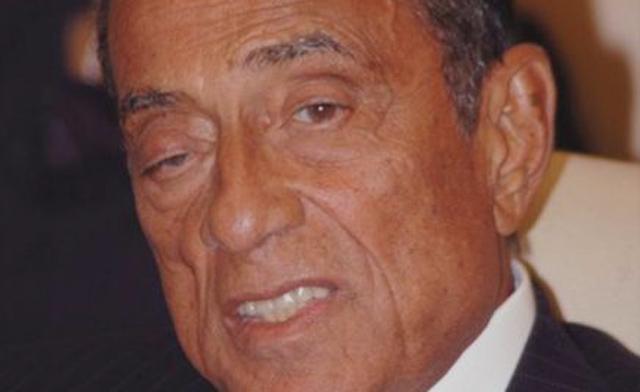
(Photo Public Domain)
The Prosecutor General is set to decide today on the reconciliation initiative proposed by entrepreneur Hussein Salem.
The initiative states that Salem would forfeit 75% of his local assets and 55% of his assets located abroad to the government in exchange for the waiving of all corruption charges against him.
Salem was affiliated with the former regime and fled to Spain after the 25 January Revolution before being accused of corruption and owning properties illegally. One of his lawyers, Tarek Abdel Aziz, proposed a similar initiative in January, which stipulated a smaller percentage of Salem’s wealth would be forfeited. The initiative was rejected by the Illicit Gains Authority, according to human rights lawyer Ramy Ghanem.
Negotiations resumed between the Public Funds Prosecution and two of Salem’s lawyers on Thursday, leading to an agreement on the proposal, according to state-owned MENA.
The initiative includes providing the government with a statement detailing Salem’s funds and assets in Egypt and abroad. Additionally, it gives the government the right to investigate Salem’s assets and seize any asset that is not recorded in the statement. “This applies to all assets and money mentioned in our statement. The government would have the right to seize any money or assets not mentioned in the statement,” Abdel Aziz said.
The initiative stipulates that the government may not press any judicial charges against Salem.
Ghanem explained that reconciliation initiatives are legal; adding that by law an entrepreneur cannot be imprisoned for corruption once reconciliation has taken place. “This is not the case for people working within the public sector, who can be imprisoned once they are found guilty of such crimes,” he said.
Ghanem said Salem’s agreement is legal as there is no specific form for reconciliation agreements. He explained that the acceptance of such initiatives is deliberated by the Illicit Gains Authority and prosecutor general.



